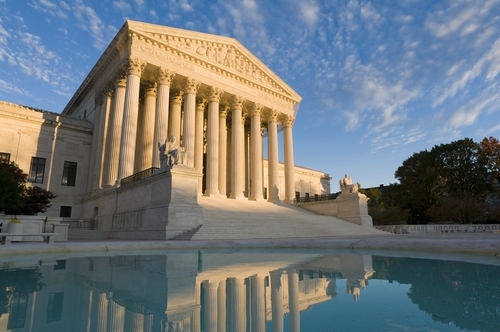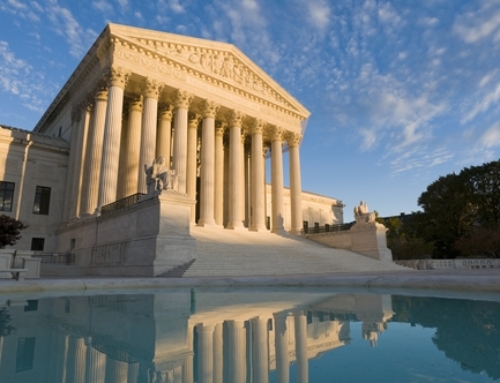Toward the end of June, the United States Supreme Court upheld same-sex marriage as a constitutional right across the entire country, bringing with it legal benefits previously denied to same-sex couples with such marriage bans. This will have both positive and negative affects for gay couples moving forward.
In Obergefell v. Hodges, the Supreme Court ruled in a 5-4 decision that same-sex marriage is a legal right protected by the Fourteenth Amendment. Before this ruling, gay couples could only marry in 37 states and the District of Columbia, meaning couples not in those states did not have legal spousal protections, including health care coverage.
Experts say the Court's ruling will directly affect coverage rules for both Medicaid and long-term care benefits for same-sex couples. Medicaid agencies in states that did not previous recognize same-same relationships still need time to develop new policies, although there is some lingering resistance among elected officials in certain states.
"Adding the spouse adds income that might make some or all members of the household over income for Medicaid," said Cindy Mann, former CMS Medicaid director. "For some families, adding a spouse doesn't add much if any income but adds to the household size. So it might make a family or household member eligible who wasn't previously eligible."
According to a survey of states from Modern Healthcare, states where same-sex marriage had been legal before the Court stepped in are looking at the incomes of both spouses to determine eligibility. Officials from some states say that change does not pose significant administrative difficulties.
Whether you choose to go to the home healthcare route, or visit a local physician, be sure to check back here again for more health insurance help, or contact a member of our team to learn more about available options.






